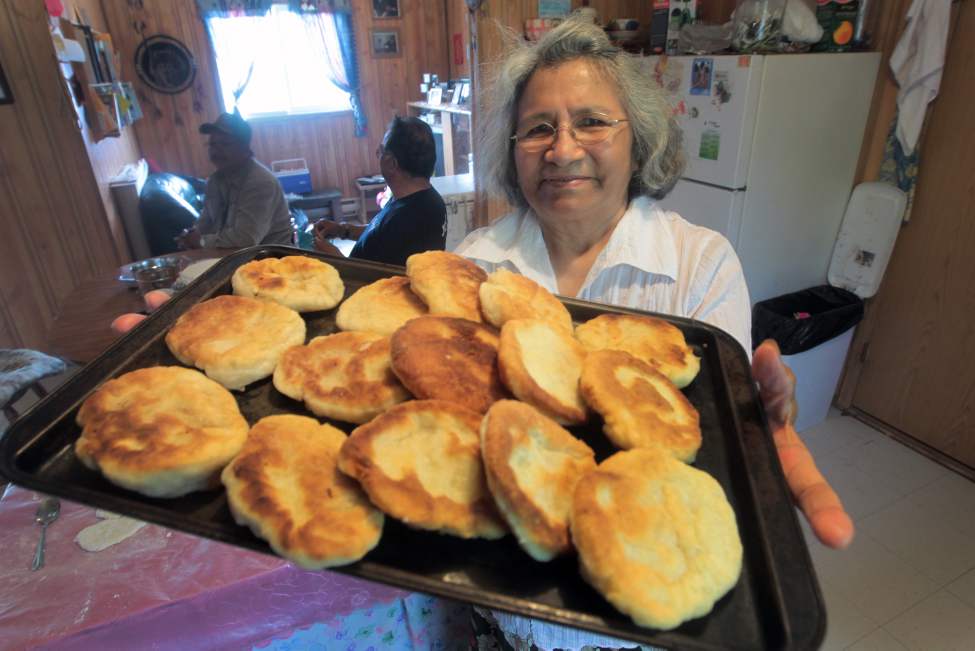Problem solver
Education a key to development, along with cash
Advertisement
Read this article for free:
or
Already have an account? Log in here »
To continue reading, please subscribe:
Monthly Digital Subscription
$0 for the first 4 weeks*
- Enjoy unlimited reading on winnipegfreepress.com
- Read the E-Edition, our digital replica newspaper
- Access News Break, our award-winning app
- Play interactive puzzles
*No charge for 4 weeks then price increases to the regular rate of $19.00 plus GST every four weeks. Offer available to new and qualified returning subscribers only. Cancel any time.
Monthly Digital Subscription
$4.75/week*
- Enjoy unlimited reading on winnipegfreepress.com
- Read the E-Edition, our digital replica newspaper
- Access News Break, our award-winning app
- Play interactive puzzles
*Billed as $19 plus GST every four weeks. Cancel any time.
To continue reading, please subscribe:
Add Free Press access to your Brandon Sun subscription for only an additional
$1 for the first 4 weeks*
*Your next subscription payment will increase by $1.00 and you will be charged $16.99 plus GST for four weeks. After four weeks, your payment will increase to $23.99 plus GST every four weeks.
Read unlimited articles for free today:
or
Already have an account? Log in here »
Hey there, time traveller!
This article was published 13/11/2010 (5509 days ago), so information in it may no longer be current.
ST. THERESA POINT — Oscar McDougall is proof that education can solve as many problems as cash.
After many years working in the private sector before he came home, the university-trained engineering technologist knows how to keep a water plant running even when it needs major repairs.
“You’ll always have the comment that we’re underfunded, and that’s always the case. It’s a matter of how to get around it.”

As the band’s associate director of public works, he has the smarts to make sure water treatment chemicals are the first things shipped up on the ice road so safe drinking water is not at risk if the road melts early.
McDougall remembers helping build a Class 3 water treatment plant for Gull Bay First Nation near Thunder Bay, but they couldn’t find a Class 3 operator to run it.
“The problem we have is lack of education,” he said. “You don’t see a lot of people pursuing a career in the trades that we need.”
A health professional who has worked for many years on reserves said some water and sewer problems will solve themselves once more aboriginal people become well-educated. Town planning is improving, making it easier to connect piping than when homes were scattered higgledy-piggledy, the outsider said.
When council members with only a primary-school education are expected to run the multimillion-dollar corporations that First Nations have become, it’s a recipe for poor decisions, conflict and sometimes corruption, said the health worker, who asked to remain anonymous for fear of being fired over the frank comments.
National Chief Shawn Atleo, whose mother is an education professor at the University of Manitoba, has made education his top priority.
Reserve schools need more federal funding to bring them up to the standard of provincially funded schools off reserve, but First Nations leaders are also getting on local radio and television to persuade kids to stay in school.
“Some people will quit school and they’ll have babies and they’ll get married. It’s after that married life that they realize that they don’t have enough money on welfare to support their families. Then they start going back to school,” said St. Theresa Point Coun. Martin Monias.
“A nurse was telling me, ‘You guys are doing it in reverse. You should finish your schooling first, get a good job, get married and have babies.’”
Manitoba Grand Chief Ron Evans said the first wave of aboriginal people to go to university were the A students who became doctors, nurses and engineers. But he wants the federal government to also sponsor the C students more likely to become entrepreneurs.
Those are the people who will create jobs and build businesses that could partner with band councils to operate water and sewer plants, Evans suggested.
Harry Swain, who chaired the federal government’s expert panel on First Nations drinking water in 2006, believes investing in education is even more important than bumping up funding for water supply.
“There will be pressure on all budgets everywhere as we climb down from this insane deficit spending,” he said in a recent interview. “Let’s say they’re spending… $300 million a year on water and sewage in Indian communities. I would be surprised if that number grew very much and it might even get trimmed a percentage point. If that happened at the same time that there was intensification of investment in education, I wouldn’t be unhappy.”
But Atleo points out that kids need clean water in their homes to be able to focus on their studies.
Retired public health doctor Pete Sarsfield, who has worked with First Nations across the country, said cultural and wilderness programs that counter the self-loathing of colonized indigenous people are another form of education that might have as much impact on health as water pipes. “Infrastructure stuff would come. I don’t think it’s enough on its own.”
Social breakdown on reserves is behind vandalism to water trucks and treatment plants. It’s also at the base of the depression that makes it hard to maintain the high degree of family organization required to manage a home without running water.
Elders Murdo and Alice McDougall are role models for how to remain healthy while waiting for proper plumbing. They live in a spotless home in Garden Hill without running water, where they stay fit enough to haul water buckets from the lake to supplement what the band delivers.
“Some of us didn’t go to residential school,” Murdo said. “Those are the people really trying to have our kids continue to live the traditional way.”

